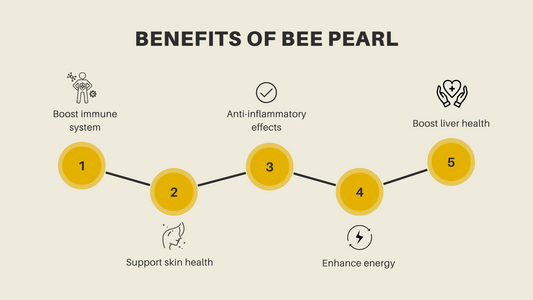Stress is a normal part of life, but when it becomes chronic, it can have serious negative effects on our health and well-being. Chronic stress has been linked to a range of physical and mental health problems, including high blood pressure, heart disease, depression, and anxiety. Fortunately, there are many proven strategies that can help us reduce our stress levels and improve our overall health.
One of the most effective ways to reduce stress is through exercise. Numerous studies have found that physical activity can help reduce stress and anxiety by releasing endorphins, which are natural mood-boosting chemicals in the brain. In fact, a meta-analysis of 49 studies found that exercise is as effective as medication in reducing symptoms of depression and anxiety (1). Regular exercise has also been shown to improve sleep quality, boost self-esteem, and improve overall mood.
Another effective stress-reduction strategy is mindfulness meditation. Mindfulness meditation involves paying attention to the present moment without judgment, and has been shown to reduce stress, anxiety, and depression (2). A meta-analysis of 47 studies found that mindfulness-based interventions were effective in reducing symptoms of anxiety and depression, and improving overall well-being (3). Mindfulness meditation can be practiced through a variety of techniques, including guided meditations, breathing exercises, and body scans.
Social support is also an important factor in reducing stress. Studies have found that having supportive relationships can help buffer the effects of stress (4). Spending time with friends and family, joining a support group, or even getting a pet can all provide social support and help reduce stress levels.
Another key strategy for reducing stress is to practice good self-care. This includes getting enough sleep, eating a healthy diet, and making time for activities that bring us joy and relaxation. Studies have found that poor sleep and unhealthy eating habits can increase stress levels and lead to a range of health problems (5). Taking time to engage in activities that we enjoy, such as hobbies or spending time in nature, can also help us reduce stress and improve overall well-being.
In conclusion, chronic stress can have serious negative effects on our health and well-being, but there are many effective strategies for reducing stress levels. Exercise, mindfulness meditation, social support, and good self-care are all proven methods for reducing stress and improving overall health. By incorporating these strategies into our daily lives, we can reduce our stress levels and enjoy a happier, healthier life.
References:
-
Schuch, F. B., et al. (2016). Exercise as a treatment for depression: A meta-analysis adjusting for publication bias. Journal of Psychiatric Research, 77, 42-51.
-
Kabat-Zinn, J. (2003). Mindfulness-based interventions in context: Past, present, and future. Clinical Psychology: Science and Practice, 10(2), 144-156.
-
Khoury, B., et al. (2015). Mindfulness-based stress reduction for healthy individuals: A meta-analysis. Journal of Psychosomatic Research, 78(6), 519-528.
-
Cohen, S. (2004). Social relationships and health. American Psychologist, 59(8), 676-684.
-
Stults-Kolehmainen, M. A., & Sinha, R. (2014). The effects of stress on physical activity and exercise. Sports Medicine, 44(1), 81-121.




